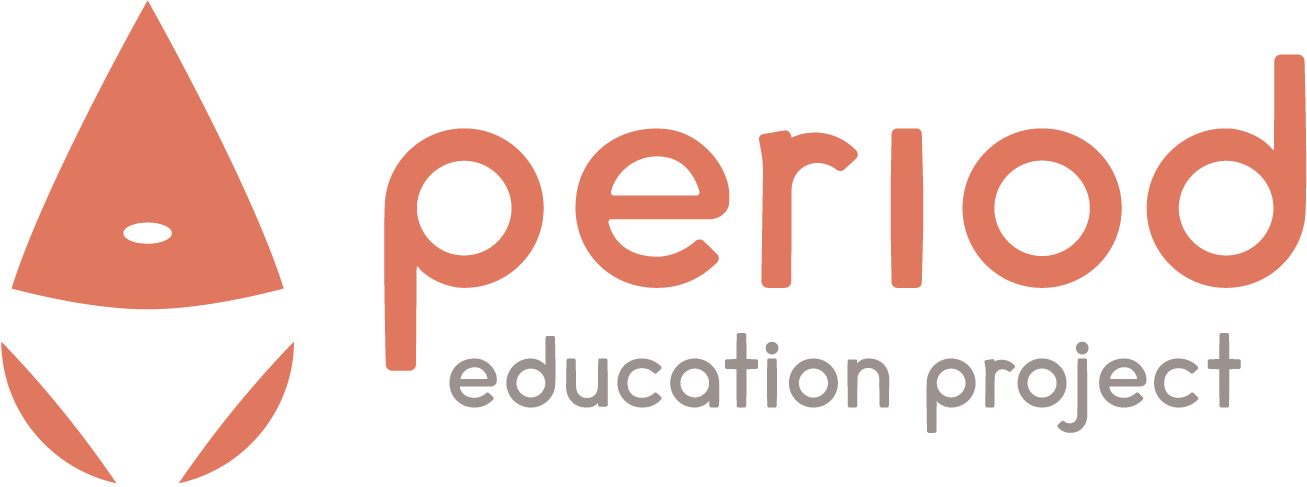Gaby Chalela, 3rd year medical student at Florida State University College of Medicine

Gaby Chalela, Period Pro
February marks Black History Month! To celebrate, we want to share some information on influential Black menstruators, the stigma around menstruation in Black communities, and how to work toward ending disparities.
While menstruation is widely stigmatized, Black menstruators often bear an even burden due to historical and cultural factors. In many communities, menstruation is treated as a private matter, rather than openly discussed. The silence stems from generational trauma, religious beliefs, or cultural taboos that frame periods as impure or shameful. This stigma can have devastating effects on a woman’s mental and physical health. Studies show that Black women are at an increased risk for conditions like uterine fibroids and endometriosis. These conditions are historically underdiagnosed in Black menstruators and can be overlooked by their healthcare providers. Without conversations about menstruation, advocacy for proper care and early intervention fall short.
Access to menstrual products should be a fundamental right, yet women and school-aged girls across the country are unable to afford what they need. Research shows one in four menstruators cannot afford proper menstruation products. Menstrual inequity heavily affects Black menstruators who experience lack of access to period products, racial bias in healthcare, and poor menstruation education efforts.
The fight of menstrual justice is far from over.
However, change is happening! The Black Women’s Health Imperative (BWHI) and #HappyPeriod are just two examples of the amazing organizations today that serve Black women to create awareness and optimize health and well-being. One of BWHI’s signature programs is menstrual equity, touring historically Black colleges and universities to spark conversation and destigmatize menstruation while empowering students. #HappyPeriod create programs to empower and serve women of color, focusing on empowering adolescents, teens and young adults. Their mission focuses on providing menstrual products to those in need. The Honey Pot Company was founded by Bea Dixon as one of the first plant-based feminine care brands led by a Black woman. The Honey Pot Company offers natural menstrual products while advocating for menstrual health education and equity. The brand forms a safe space for Black women’s health and empowerment, working to dismantle period stigma, support communities with limited access to period products, and increase education in the community.
So, what can we do? You’re already making an impact by staying informed on topics like this one. Try attending local events or supporting organizations fighting for menstrual equity. Help educate those around you by being an advocate for policy changes that provide free period products in schools and workplace. Normalize conversations about periods in Black communities while listening to Black menstruators and their experiences. Breaking the cycle and changing the stigma around menstruators requires everyone’s effort. By valuing the voices of Black menstruators and advocating for change, we can create a future where menstrual health is prioritized for everyone- including those of all races, genders, and socioeconomic status.
